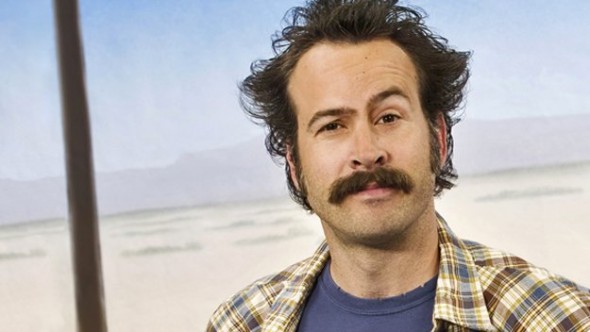Sure, that's what the policymakers are supposed to do. Point is, within the US, there are huge regional differences in terms of opportunities and upward mobility - such differences might not be as striking in European countries.
The second point I was making, and is not based on data but is simply my personal take, is that while it's optimal to keep touch with reality, it is imo healthier to overestimate than underestimate your control over your life outcomes. To believe that you can make a change (even if in reality you can't) is motivating and necessary for you to function. The policymakers' job is not and should not be related to how people assess their chances of moving upwards.
I think this optimism is founded in a long story telling about how to reach 'the american dream'; a dream that has become increasingly more difficult to achieve. I see the Elite, Capitalists (wall street), and average Joes repeating this mantra: nothing stand in the way of your succes as long as you work hard [for me in the beginning]. This creates an individual causation, where the individual is [solely] reponsible for his/hers failure and succes.
When you get Average Joe to buy this explanation, you avoid dealing with the real causes such as inequality and it's becomes easier to sell a political platform where the rich are getting richer and the poorer are getting poor. Trickle down and reaganomics are great examples hereof, but also the lack of public spending on schools and education. So to me the american dream is not only fading and a hoax, it's even used as a tool to keep power among a select few as well as economical status quo: increased inequality. It's a tool to control the plebs. In Marx' words "Consumerism [the idea of the american dream] is the opium of the people".
Regarding the psychological aspect.
I think an overly optimistic attitude will delude you into a false sense of confidence, 'cause it's easier in your head than in reality, and then when you fail you'll get hit even harder, 'cause A) It's suppose to be easier B) Your own fault.
Where as a collective pessimist will take the hit much lighter 'cause A) It's suppose to be hard B) I'm not solely to blame for my situation
- - - Updated - - -
I'd rather pessimist than optimist as the former are more likely to be in touch with reality and less likely to delude themselfs.

Interesting that people with depression apparently have a very realistic outlook on possible scenarios. Depressive realism I think it's called.
 Buy on AliExpress.com
Buy on AliExpress.com





 :
:
